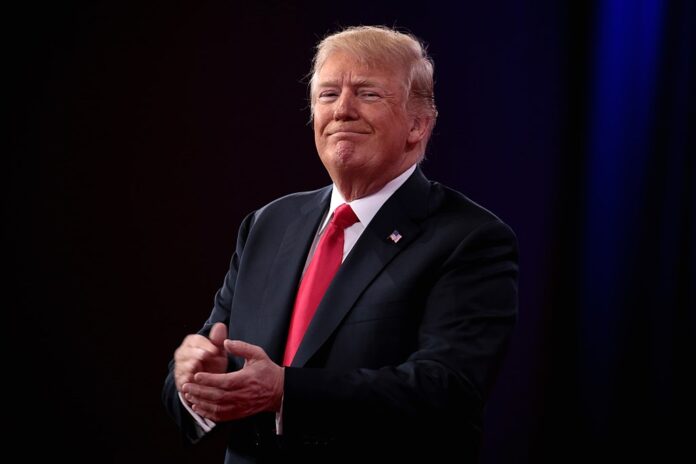Donald Trump now has until November 7, 2024, to file his response to the Justice Department’s immunity claims, two days after the presidential election
In a significant development in the legal battle surrounding Donald Trump, U.S. District Judge Tanya Chutkan has granted an extension for the former president to respond to special counsel Jack Smith’s immunity filing. Trump’s legal team initially sought a deadline of November 21, but Chutkan has set the new date for November 7, just two days after the crucial presidential election. This adjustment, although earlier than Trump’s request, marks a notable shift from the original October 17 deadline.
The case revolves around Trump’s alleged attempts to overturn the results of the 2020 election, culminating in the violent Capitol riot on January 6, 2021. The prosecution argues that Trump’s actions were personal rather than official, a distinction that plays a critical role in the ongoing legal proceedings. In her recent ruling, Judge Chutkan partially unsealed Smith’s extensive filing, which seeks to establish that the former president’s alleged conduct falls outside the protections typically granted to a sitting president.
As the Republican presidential nominee, Trump faces four felony counts stemming from his efforts to challenge President Joe Biden’s victory. These charges include conspiracy to defraud the United States and obstruction of an official proceeding. Trump’s supporters stormed the Capitol in a desperate attempt to disrupt Congress’s certification of Biden’s win, fueled by unfounded claims of widespread voter fraud.
Embed from Getty ImagesTrump has consistently denied the allegations, maintaining a plea of not guilty and asserting that the charges are politically motivated. In the wake of a recent Supreme Court ruling affirming that former presidents retain immunity for actions taken in office but not for unofficial acts, Smith modified the indictment against Trump. A grand jury subsequently reindicted him, which removed specific allegations while retaining the core four counts from the initial indictment filed in August 2023.
The special counsel’s brief, spanning 165 pages, emphasises that despite Trump’s status as president at the time of the alleged conspiracies, his actions were fundamentally private in nature. Smith asserts, “When the defendant lost the 2020 presidential election, he resorted to crimes to try to stay in office.” Trump’s team has countered this narrative, arguing that he deserves the opportunity to respond comprehensively to the claims being levelled against him.
The legal team sought permission to submit a substantial, 180-page rebuttal, asserting that the former president requires “an equal opportunity to submit and address facts bearing on immunity.” Judge Chutkan has allowed for this extensive response, signalling her recognition of the complexities involved in such a high-profile case.
The timeline set by Judge Chutkan also stipulates that Smith’s team must file a reply to Trump’s response by November 21, while Trump’s legal representatives will have until December 5 to respond to Smith’s counterarguments. This back-and-forth illustrates the intricate dance of legal strategy unfolding in the courtroom, with each side keenly aware of the political implications.
Trump has not shied away from voicing his opinions publicly. He labelled Smith’s immunity filing as “falsehood-ridden” on his Truth Social platform, indicating his frustration with the ongoing scrutiny. He also suggested that the timing of the release of Smith’s filing appeared strategically aligned with the recent vice presidential debate, insinuating a deliberate ploy to overshadow his campaign activities.
As the election approaches, the legal proceedings continue to cast a long shadow over Trump’s presidential bid. The complexities of the case, combined with the political climate, make for a uniquely challenging environment for the former president. With polls indicating a possible shift in state government and the ever-present backdrop of his legal challenges, the next few weeks promise to be pivotal for both Trump and the broader political landscape.
As both sides gear up for their respective deadlines, the ramifications of this case extend beyond the courtroom. They encapsulate the ongoing struggle for power and influence in a deeply polarised political environment, where legal battles intertwine with electoral strategies.
